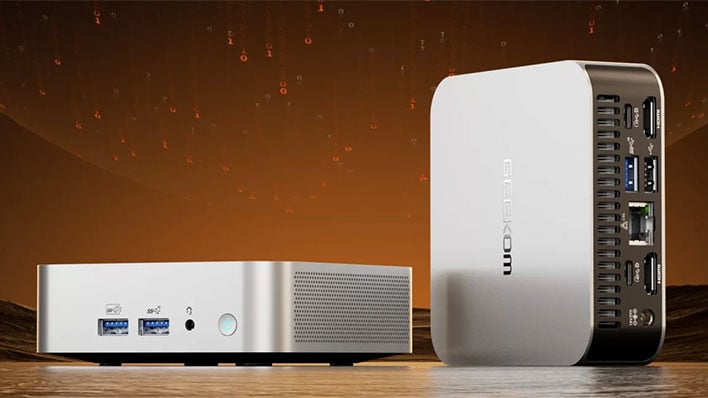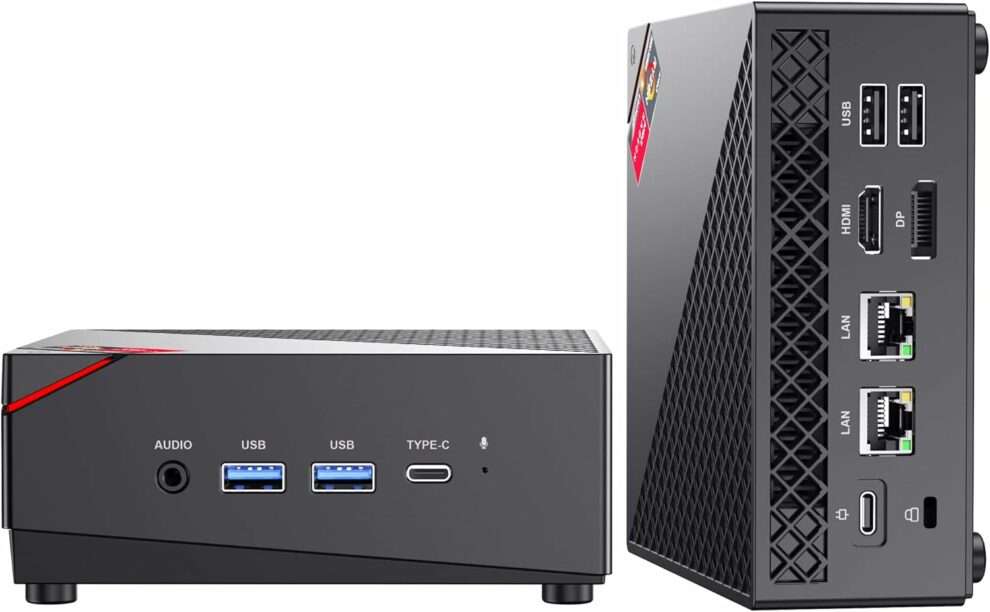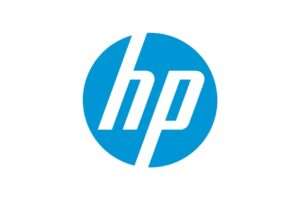Budget-conscious tech enthusiasts have discovered compelling alternatives to the Raspberry Pi 5, as several AMD Ryzen-powered mini PCs emerge at price points just above the popular single-board computer. These compact powerhouses offer substantially more computing capability while maintaining attractive pricing under $180.
Three notable contenders have surfaced on Amazon: the Beelink GTR5, GenMachine Mini PC, and BOSGAME E2 Mini PC. Each device packs the AMD Ryzen 5 3550H processor, featuring four cores and eight threads with boost speeds up to 3.7GHz. This processing power significantly outperforms not only the Raspberry Pi 5 but also Intel’s entry-level N-series processors.
The performance advantage extends beyond raw processing power. These mini PCs come equipped with 16GB of DDR4 RAM and substantial storage options, including 500GB SATA or NVMe SSDs. The inclusion of M.2 NVMe expansion slots provides future upgrade potential, offering flexibility not available with traditional single-board computers.
Among the three options, the Beelink GTR5 stands out with additional premium features, including a Radeon Vega 8 GPU capable of 4K video playback and comprehensive multi-monitor support through HDMI, DisplayPort, and USB-C outputs. The device also incorporates a fingerprint reader for enhanced security and a dual-fan cooling system for thermal management.
While the BOSGAME E2 and GenMachine models offer more basic configurations with Radeon 770M or integrated graphics respectively, they maintain the core performance advantages at similar price points. The BOSGAME E2 typically retails at $239.99 but frequently appears at $179.99 with available coupons, while the GenMachine holds steady at $178.99 with occasional discounts.
This pricing strategy positions these mini PCs as compelling alternatives to the $120 Raspberry Pi 5 16GB model. While they may lack the extensive GPIO pins and maker-focused features of the Pi, they offer substantially more computing power and versatility for general-purpose use.

The emergence of these affordable yet capable mini PCs represents a significant shift in the small form factor computing market. While the Raspberry Pi continues to excel in educational and DIY projects, these AMD-powered alternatives provide a more robust platform for users requiring additional computing power in a compact package.
For users considering a Raspberry Pi primarily for its computing capabilities rather than its maker features, these mini PCs present an attractive value proposition. The combination of modern processor architecture, ample memory, and solid-state storage delivers a more complete computing experience at a remarkably competitive price point.
The availability of such powerful computing options at this price range challenges the traditional perception of mini PCs as premium alternatives to single-board computers. As manufacturers continue to optimize costs and performance, the line between maker-focused boards and general-purpose computing continues to blur, offering consumers more choices at various price points.















Add Comment